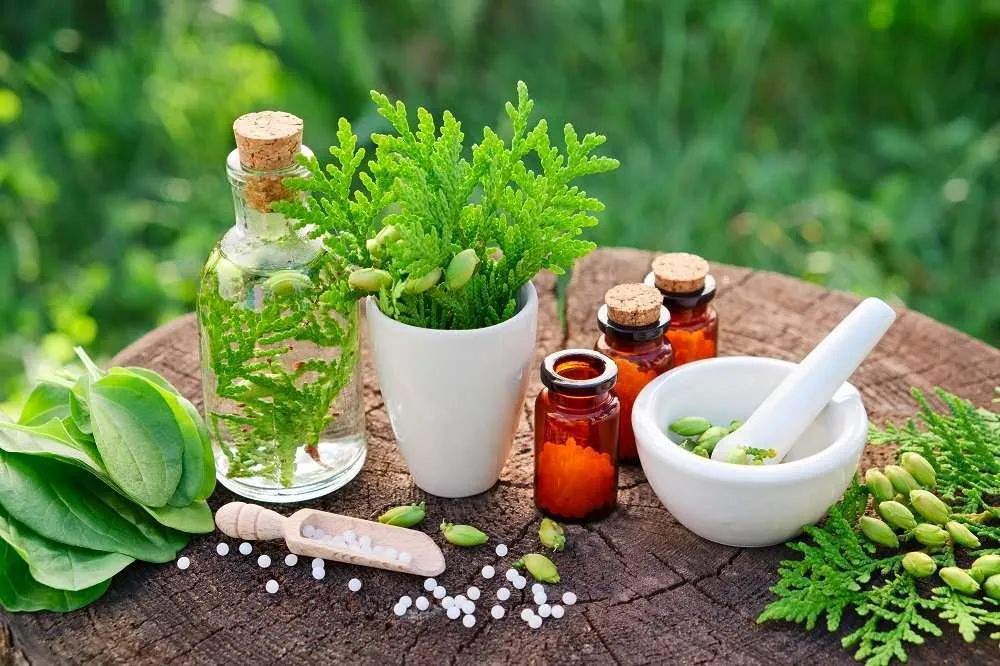Holly Johnson highlighted a pivotal shift occurring in the 18th and 19th centuries when Western societies began moving away from nutrition-centric medicine.
The growing interest in plant-based medicine, the place of herbal medicine in food systems, and the potential health benefits of these products for both human and planetary health were among the topics covered by speakers at a recent event hosted by Food Tank and Traditional Medicinals.
Holly Johnson, Chief Science Officer at the American Herbal Products Association, highlighted a pivotal shift occurring in the 18th and 19th centuries when Western societies began moving away from nutrition-centric medicine.
However, Taryn Forrelli, Chief Science Officer for Traditional Medicinals, noted a notable reversal in this trend. She observed an “explosive growth” in consumer interest in herbs like lemon balm, raspberry leaf, and spearmint, signaling a desire to reconnect with nature’s healing properties.
Forrelli remarked, “I think people are realizing how disconnected we have become over the last 100 years or so with the rise of modern pharmacy. And they’re wanting to get back to that connection to nature.”
Addressing the challenge of accessibility, Jocelyn Boreta, Executive Director of the Botanical Bus, emphasized the role of herbalism as activism. Boreta’s mobile herb clinic aims to bridge gaps in healthcare access by providing herbal remedies to address various health conditions, particularly within marginalized immigrant communities.
Furthermore, experts advocated for the cultivation of herbs at home, whether in a backyard garden or on a windowsill, as a means of empowering individuals to take charge of their health. However, Nadja Cech, Professor of Chemistry at North Carolina Greensboro, acknowledged space limitations for some individuals and advocated for community gardening initiatives as a solution.
While growing herbs is a significant step, Holly Johnson stressed the importance of preserving knowledge about their uses. She remarked, “I think it’s not just access, having it in your yard, but maintaining the knowledge of what those [plants] are used for and can be used for.”
For those unable to grow their own herbs, Deborah Vorhies, CEO of the FairWild Foundation, emphasized the importance of seeking quality products amidst concerns of contamination. She highlighted the necessity of certifications to ensure product quality and traceability.
Guido Masé, Chief Formulator at Traditional Medicinals, articulated a broader vision for integrating herbal medicine into modern lifestyles while honoring traditional knowledge. He expressed, “this possibility to bring herbal medicine into the lives of human beings, particularly those of us in Western culture who might be experiencing a little bit of disconnect from our ancestral roots, and do it in a way that honors and preserves the traditional knowledge that connects people, plants, and place.”
The symposium concluded with a call to action for increased education and access to herbal medicines, emphasizing their potential to not only improve individual health but also contribute to planetary well-being. As the world rekindles its relationship with nature’s pharmacy, the revival of herbal medicine promises a holistic approach to wellness deeply rooted in tradition and sustainability.
